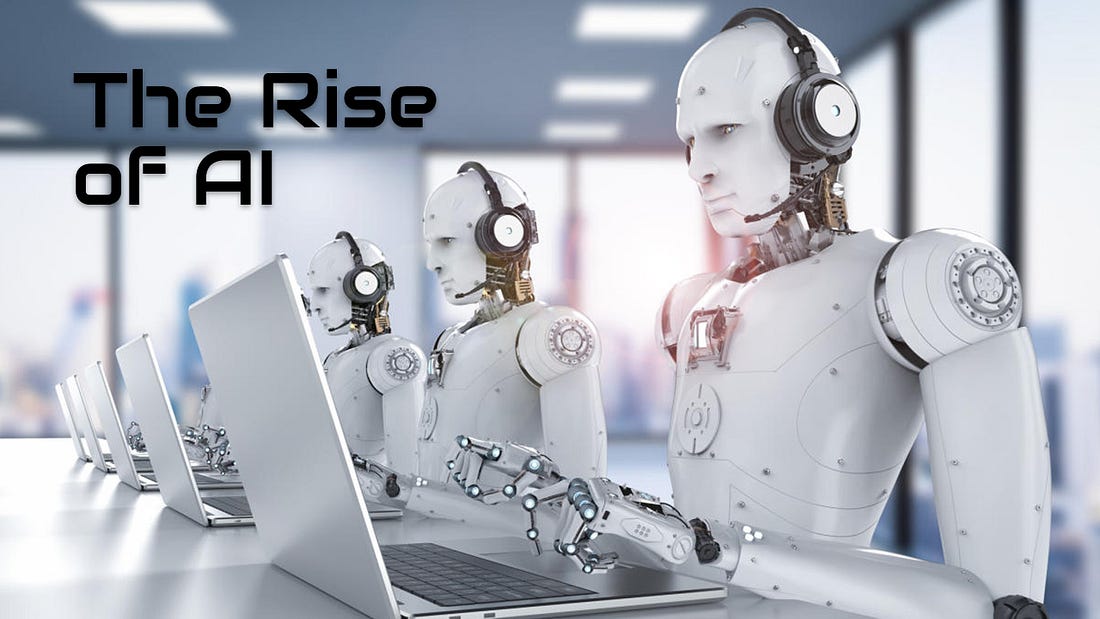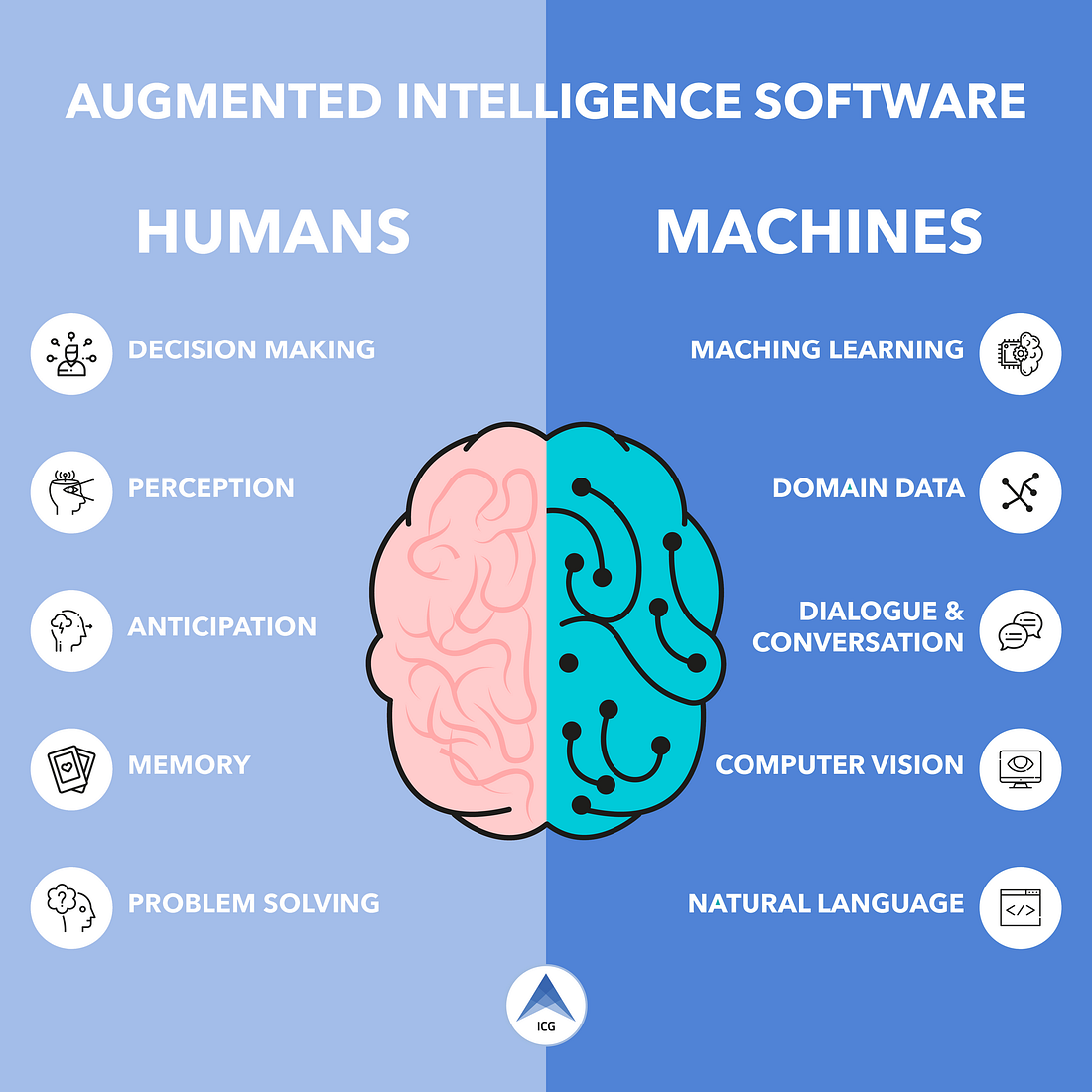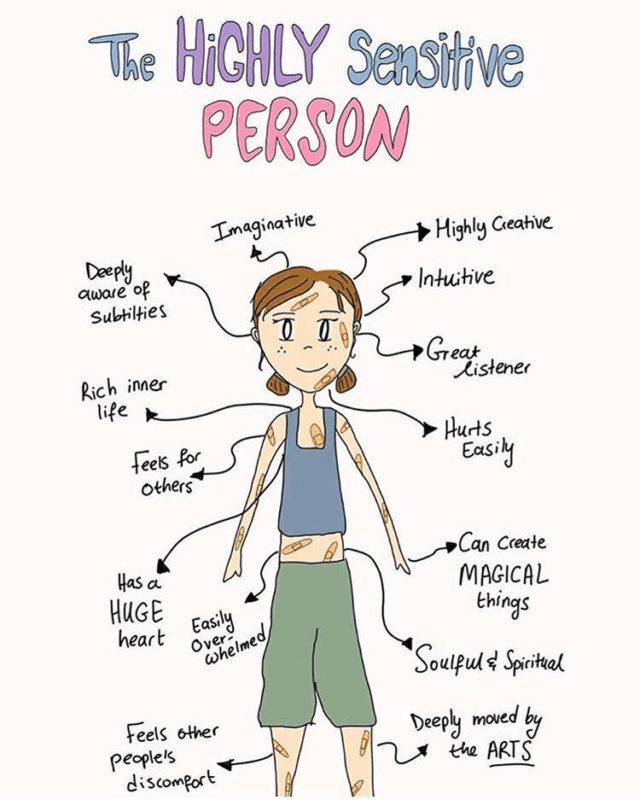How to Use AI Tools Wisely?
In a world where AI tools like ChatGPT can streamline content creation, using them wisely is essential. While AI can enhance productivity, it will never replace personal storytelling, humor, or unique writing styles. Learn how to balance technology with creativity and responsibility.

Discover the Power of Technology with a Dash of Responsibility
When I first started my blog, some people in my circle immediately jumped to the conclusion that ChatGPT must be doing all the work for me. It seemed like everyone was quick to say, “That’s not your writing ; it’s AI!” They didn’t realize that, in today’s world, you’d be missing out if you didn’t use tools like AI to spark ideas or enhance your writing. Of course, I use ChatGPT, Grammarly, Canva, and other software to help me craft my content. But AI will never tell my stories the way I do. It can’t capture my humor or mimic my unique writing style. That’s why I feel compelled to write an article on the importance of using AI responsibly and wisely. These tools can help us but can’t replace the human touch that makes our stories come alive.
“Computers may be clever, but human beings are much smarter,” Ma said. “We invented the computer — I’ve never seen a computer invent a human being.”
Imagine a world where your personal assistant never takes a vacation, never sleeps, and never complains about getting your coffee order wrong. Sounds perfect, right? Well, welcome to the world of AI, where algorithms are quietly working behind the scenes to make your life easier — whether you realize it or not. From reminding you to attend that meeting you forgot you scheduled to recommending the next binge-worthy show on Netflix, AI is everywhere. It’s curating your playlists, auto-completing your texts, and even helping you navigate traffic so you don’t miss your dinner reservation. It also helped me correct my grammar while writing my article and suggested more accurate words.
But here’s the kicker: while AI can do all this (and more), the real magic happens when you use it wisely. You wouldn’t let your GPS drive your car, would you? In the same way, you can’t let AI run your life unchecked. It’s an incredibly powerful tool, but only if you hold the reins. Otherwise, you might find yourself in a world where machines think, and we go along for the ride. Spoiler alert: that’s not the Future you want.

The Rise of AI
Remember the days when spellcheck was a big deal? Now, we’ve got virtual assistants in our pockets and algorithms that predict our every need. AI has seeped into every corner of life, from smart home devices that adjust our lights to recommendation systems that know what we want to watch before we do. No longer are these tools confined to tech enthusiasts or big corporations — they’re now available to anyone with a smartphone and an internet connection.
It’s no surprise that AI is so popular. It simplifies life, making us more productive (and, let’s be honest, sometimes a little lazier). But as we embrace this convenience, we must remember that AI is just a tool that should be used with purpose and care.
Smart Usage: How to Make AI Work for You, Not Replace You?
AI is excellent at streamlining tasks and boosting efficiency, but let’s not get carried away. Yes, AI can generate a quick response to that annoying email, and it can even suggest ideas for your next blog post — but you’re still the boss here. Think of AI as your trusty sidekick, not your replacement. It is essential to understand that AI is not here to replace you or do the job at your place but to help and assist you. AI may be intelligent, but you are supposed to be wiser than the machines.

Here are a few tips on how to get the most out of AI without losing your human touch:
- Use AI to organize tasks: Tools like AI-powered schedulers and task managers can make your day smoother. Automate meeting reminders, manage your to-do lists and keep track of deadlines with minimal effort. But remember: just because AI tells you there’s time for a meeting doesn’t mean you have to schedule it. You’re still in charge of saying no and checking every answer AI provides!
- Automate the mundane: Nobody enjoys repeatedly sifting through hundreds of emails or inputting the same data. AI can handle the grunt work so that you can focus on higher-level tasks. Just don’t let it take over too much. There’s a fine line between automating tasks and automating yourself out of a job.
- Personal development: AI can even help you grow. Whether it’s recommending new skills to learn or offering AI-driven courses, it’s a fantastic way to up your game. Think of it as a mentor or a tutor who doesn’t get tired of your endless questions. But here’s the thing: while AI can guide you in the right direction, your curiosity and effort will open the doors to new opportunities. AI might point the way, but you must still walk the path.
And no, AI isn’t brewing your coffee just yet (though it’s probably on someone’s to-do list), but it’s definitely taking care of a lot of the daily grind. The secret to mastering AI? Let it amplify your abilities, not replace them. Use it as your ally, not your substitute.
AI may be powerful, but it will never match the wisdom of human experience. Jack Ma reminds us that true intelligence comes from the heart, not just the mind or machines; it’s the compassion, empathy, and life lessons we carry that truly shape our decisions and guide us through challenges.

Be the boss, not the bot, and stay in control.
Here’s the deal: AI might be super smart, but it doesn’t have the wisdom (or charm) that you do. Sure, it can write an email for you in seconds, but only you can turn a standard “thanks for your time” into a message that leaves a lasting impression. Using AI effectively isn’t about handing over the reins ultimately — it’s about knowing when to let it do the heavy lifting and when to step in with your human touch.
AI can’t (and really shouldn’t) make all your decisions. It can suggest the perfect product launch date based on market trends or even help you pick a trendy social media caption. But at the end of the day, you’re steering the ship, making the big calls.
AI can make many mistakes, especially if you’re not careful. It’s like having a brilliant intern! It would be best if you could still double-check the work.
For example, if you ask an AI tool to run a query in data analytics, it’ll give you a solution, but not necessarily the most optimal one. AI doesn’t always understand the full context or nuances behind your data, so you need to know your stuff. If you don’t understand the fundamentals of your analysis, you might miss out on better insights or even be inaccurate.
AI can’t spot the subtle red flags or ask the “what if” questions like you can. It’s your expertise that turns AI’s raw output into actionable intelligence. Think of it as a tool that works best in your capable hands, not on autopilot. Let AI handle the repetitive stuff — like sorting through customer feedback, organizing your inbox, or suggesting catchy blog titles, but keep the plot twists and critical moves to yourself.
Ethical AI usage because responsibility matters
With great power comes great responsibility, right? AI tools are powerful but can pose risks if used carelessly. From data privacy concerns to algorithm bias, we must consider AI’s ethical implications.
- Protect your data: Many AI tools rely on large datasets, including personal information. Be aware of how your data is being used, and make sure to use tools that prioritize privacy. If an AI service seems too invasive, saying no is okay.
- Watch out for bias: AI algorithms are only as good as the data they’re trained on. If that data is biased, the results will be too. This can lead to unfair outcomes, especially in hiring, lending, or law enforcement. When using AI for decision-making, please take a moment to consider whether it’s fair and transparent.
- Use AI for good: There’s a fine line between using AI to make life easier and using it to cut corners. Avoid shortcuts that could compromise quality, fairness, or integrity. AI should help you be more effective but not replace ethical practices.
In a world filled with AI-powered shortcuts, be the person who chooses the right path over the easy one.
After all, the future of AI is in our hands, and it’s up to us to guide it responsibly.

AI is a Tool, Not a Toy
One thing is clear: AI is here to stay. And while that’s exciting, it also means we must adapt. The best way to stay ahead of the AI curve? Keep learning. The more skilled and knowledgeable you are, the more you’ll be able to collaborate with AI rather than being overshadowed by it.
Consider picking up new skills that AI can’t replicate — creativity, emotional intelligence, and complex problem-solving. These traits set humans apart and ensure we remain relevant in an AI-driven world.
Remember, if you don’t want the robot to take your job, make sure you’re doing something it can’t!
My conclusion is to embrace the Future while staying grounded. AI is an incredible tool, and if used wisely, it can help us become more productive, creative, and efficient. But it’s important to remember that while AI can enhance our lives and make it easier, we must use it responsibly. The Future may be AI-powered, but humans will decide how that future unfolds.
So go ahead and embrace AI; let it help you streamline your day, make your life easier, and maybe even spark some inspiration. But keep your feet on the ground, keep your ethics intact, and remember: no matter how intelligent the AI is, you’re still wiser and the one in control.




